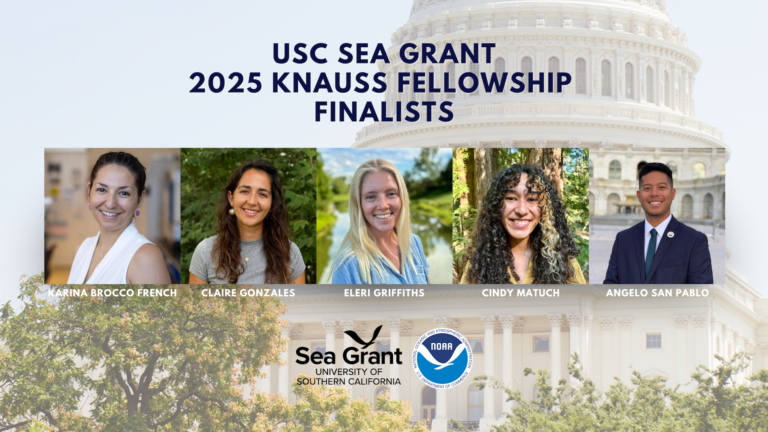
Placements Announced for 2025 Knauss Fellowship Finalists
This article was updated March 27, 2025.
NOAA Sea Grant has announced placements for the finalists selected for the 2025 John A. Knauss Marine Policy Fellowship program. A total of 88 finalists have been selected for the 2025 class, each nominated by Sea Grant teams across the country. USC Sea Grant is pleased to share that five of these finalists were selected from USC Sea Grant: Karina Brocco French, Claire Gonzales, Eleri Griffiths, Cindy Matuch, and Angelo San Pablo. Learn more about USC Sea Grant’s five finalists below!
The Knauss Fellowship is a unique professional development opportunity for graduate students who have an interest in national policy decisions affecting ocean, coastal, and Great Lakes resources. This fall, the 2025 finalists will participate in a placement week to interview with several executive or legislative offices in the federal government. Following placement in a host office, they will begin their one-year fellowship in February 2025.
Knauss finalists are chosen through a competitive process that includes several rounds of review at both the state Sea Grant program and national levels. Since 1979, the National Sea Grant College Program has provided Knauss Fellowships to over 1,680 early-career professionals. The 2025 finalists will become the 46th class of the John A. Knauss Marine Policy Fellowship program. Learn more about the fellowship program here.
Read the full 2025 finalist announcement from the National Sea Grant College Program HERE. Congratulations to our four finalists as well as all 88 finalists across the Sea Grant network!
Learn More About USC Sea Grant’s Five 2025 Finalists
Karina Brocco French
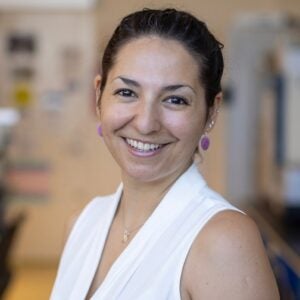
Karina is pursuing her doctoral degree in Ecology and Evolutionary Biology at the University of California, Irvine. Her research focuses on studying the impact of shipping industry decisions on marine life and ecosystems. She is passionate about advocating for evidence-based policies to address these issues and promoting healthy environments and economies for communities affected by pollution. Karina also aims to foster impactful, inclusive, and internationally-minded policy collaborations coupled with accessible science communication. During her Knauss fellowship, she looks forward to applying her skills in data analysis, bilingual communication, and project management to address marine policy initiatives and approach complex problems from diverse perspectives.
Placement: Legislative; Rep. Frank Pallone
Claire Gonzales
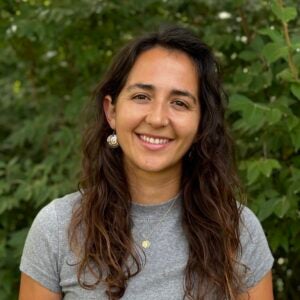 Claire is pursuing a Ph.D. in Marine Science at the University of California, Santa Barbara, focusing on the socio-economic implications of co-locating food and energy systems in the ocean. She has extensive experience in marine resource management and policy, including collaborating with organizations such as the World Wildlife Fund. Claire is passionate about developing solutions that benefit the marine environment, the economy, and communities. She is eager to apply her skills and experience to inform policy decisions through her Knauss Fellowship, with the goal of creating a positive impact and contributing to national policy decisions affecting coastal resource use.
Claire is pursuing a Ph.D. in Marine Science at the University of California, Santa Barbara, focusing on the socio-economic implications of co-locating food and energy systems in the ocean. She has extensive experience in marine resource management and policy, including collaborating with organizations such as the World Wildlife Fund. Claire is passionate about developing solutions that benefit the marine environment, the economy, and communities. She is eager to apply her skills and experience to inform policy decisions through her Knauss Fellowship, with the goal of creating a positive impact and contributing to national policy decisions affecting coastal resource use.
Placement: Executive; National Marine Fisheries Service, Species Distribution, Mapping, and Analysis
Eleri Griffiths
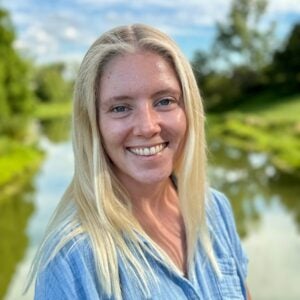
Eleri Griffiths holds a master’s degree in Environmental Science and Management from the Bren School at the University of California, Santa Barbara. Her work focused on marine debris research and informing management strategies for the newly proposed Chumash Heritage National Marine Sanctuary along the central California coast. With a strong background in coastal conservation and policy, she has a passion for engaging with public audiences and educating them about coastal ecosystems. Eleri aims to work at the intersection of science and policy in the federal government to advance equitable research, awareness, and solutions for coastal issues. During her fellowship, she looks forward to further developing her skills in research, policy, and leadership to become an effective public servant working toward coastal resource conservation and accessibility.
Placement: Executive; NOAA Office of Education
Cindy Matuch
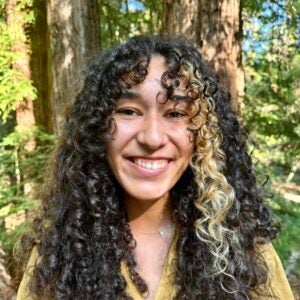
Cindy holds a master’s degree in Coastal Science and Policy from the University of California, Santa Cruz. Her work focused on the use of science in the International Negotiating Committee for the United Nations Environmental Program’s (UNEP) Global Plastic Treaty, which placed her directly at the nexus of science, policy, politics, and communications. Cindy aims to create an environment where scientists, interested parties, and policymakers can collaborate on equitable policies to prevent plastic pollution. She is excited about the opportunity during her fellowship to work alongside policymakers to create meaningful legislation and implement efforts to protect coastal communities and ecosystems for future generations.
Placement: Legislative; U.S. House Committee on Science, Space, and Technology
Angelo San Pablo
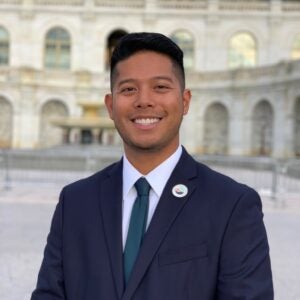
Angelo San Pablo obtained his master’s degree in Coastal Science and Policy at the University of California, Santa Cruz. He has a diverse background in marine microbiology, coastal ecology, and aquaculture. Angelo is a skilled communicator with a focus on conveying the importance of simultaneously conserving and utilizing resources from our oceans, freshwater systems, and coastal zones. He is passionate about serving as a conduit between people and our oceans and coastal zones. His goal is to develop innovative solutions, amplify the voices of youth and underrepresented groups, and work towards the growth of sustainable aquaculture and resolving the complex problems affecting our water systems. During his fellowship, Angelo is eager to gain an understanding of how food systems operate and are regulated under existing legislation, as well as how elected officials prioritize certain issues and policies.
Placement: Executive; NOAA Fisheries, Office of the Assistant Administrator